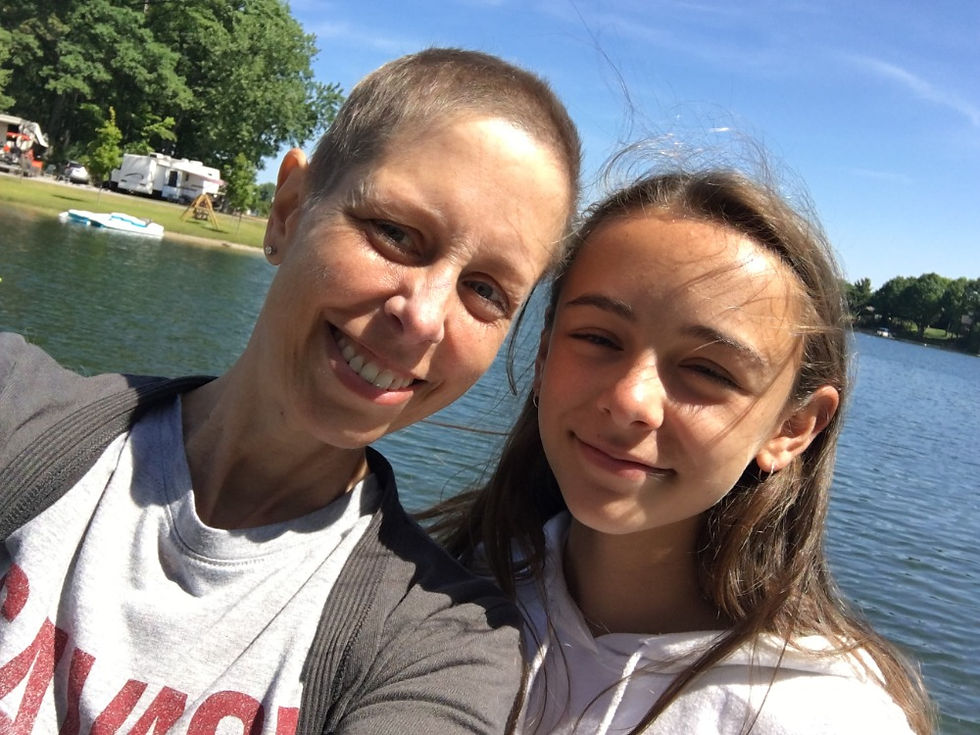Effective Strategies for Grief Recovery
- salesmadisonwebwor
- Oct 15
- 4 min read
Losing someone you love is like being caught in a storm without a map. One minute, life feels steady, and the next, you’re tossed around by waves of sadness, confusion, and anger. I get it. Grief is messy, unpredictable, and downright exhausting. But here’s the thing - while you can’t control the storm, you can learn how to navigate it. Today, I want to share some effective grief strategies that have helped me and many others find a way through the darkness. These aren’t just feel-good platitudes; they’re practical, real-world tips that can help you heal, regain your strength, and even find moments of peace.

Understanding Effective Grief Strategies
Before diving into the how-to, let’s talk about what makes a grief strategy effective. It’s not about rushing through your feelings or pretending everything’s okay. Nope. It’s about honoring your pain while gently guiding yourself toward healing. Effective grief strategies are flexible - they meet you where you are, whether you’re feeling numb, angry, or overwhelmed. They help you process your emotions, rebuild your life, and find meaning again.
Here are some key components of effective grief strategies:
Acknowledgment: Recognizing your feelings without judgment.
Expression: Finding safe ways to express your grief, like journaling or talking.
Connection: Leaning on supportive people or communities.
Self-care: Prioritizing your physical and emotional health.
Growth: Slowly rebuilding your identity and life after loss.
These aren’t just buzzwords. They’re the building blocks of recovery that can help you move forward at your own pace.
Practical Effective Grief Strategies You Can Start Today
Alright, let’s get down to business. What can you actually do when grief feels like a heavy fog? Here are some strategies that have stood the test of time:
1. Create a Grief Ritual
Rituals give grief a shape and space. It could be lighting a candle every evening, planting a tree in memory, or writing a letter to your lost partner. These acts honor your love and loss, making your feelings tangible and acknowledged.
2. Keep a Grief Journal
Writing is like having a conversation with yourself. Pour out your thoughts, memories, and emotions without censoring. Over time, you might notice patterns or moments of clarity that help you understand your journey better.
3. Seek Out Supportive Communities
You don’t have to walk this path alone. Joining a group of people who truly get what you’re going through can be a game-changer. Whether it’s an online forum or a local support group, sharing your story and hearing others’ can lessen the isolation.
4. Practice Mindfulness and Meditation
Grief often pulls you into the past or worries about the future. Mindfulness brings you back to the present moment, helping you breathe through the pain and find small pockets of calm.
5. Set Small, Achievable Goals
When everything feels overwhelming, breaking your day into tiny tasks can help. Maybe it’s making your bed, going for a short walk, or cooking a simple meal. These small wins build momentum and remind you that life can still hold moments of normalcy.

How to recover from grief?
Now, here’s the million-dollar question: How do you recover from grief? Spoiler alert - there’s no magic switch. Recovery is more like a winding road than a straight path. But here’s what I’ve learned about making that road a little smoother:
Allow Yourself to Feel
Grief isn’t a problem to fix; it’s an experience to live through. Cry when you need to. Laugh when a memory tickles your heart. Feel the anger, the confusion, the loneliness. These emotions are part of your healing.
Don’t Rush the Process
There’s no timeline for grief. Some days will be better, some worse. That’s okay. Give yourself permission to take the time you need without pressure or guilt.
Find Meaning in Your Loss
This might sound heavy, but finding meaning doesn’t mean forgetting or moving on quickly. It means discovering how your loved one’s life and your shared experiences can inspire you to live fully, even in their absence.
Build New Routines
Loss shakes your world, so creating new routines can help you regain a sense of control. Maybe it’s a morning walk, a weekly phone call with a friend, or a hobby you’ve always wanted to try.
Reach Out for Professional Help if Needed
Sometimes, grief can feel too big to handle alone. Therapists or counselors trained in grief recovery can offer tools and support tailored to your needs.
Remember, if you want to explore more about grief recovery, there are communities and resources ready to walk alongside you.
Self-Care: The Unsung Hero of Healing
Let’s be real - when grief hits, self-care often falls to the bottom of the list. But here’s the kicker: taking care of yourself is essential for healing. It’s not selfish; it’s survival.
Sleep Like Your Life Depends On It
Grief can wreck your sleep, but try to prioritize rest. Create a bedtime routine, avoid screens before bed, and make your sleeping space cozy.
Nourish Your Body
Eating might feel like a chore, but your body needs fuel. Simple, nutritious meals can boost your energy and mood.
Move Your Body
Exercise doesn’t have to mean hitting the gym. A gentle walk, stretching, or dancing in your living room can release tension and lift your spirits.
Treat Yourself with Kindness
Grief can make you your own worst critic. Practice self-compassion. Talk to yourself like you would to a dear friend.

Embracing Growth After Loss
Here’s the thing about grief - it changes you. But that change doesn’t have to be all pain. Over time, many find that grief opens doors to new strengths, perspectives, and even gratitude.
Rediscover Your Passions: What lights you up? Maybe it’s time to revisit old hobbies or try new ones.
Build New Relationships: Opening your heart again can be scary but rewarding.
Advocate and Support Others: Sharing your story can empower you and help others heal.
Celebrate Your Loved One’s Legacy: Keep their memory alive in ways that inspire you.
Growth doesn’t mean forgetting. It means carrying your love forward in a way that enriches your life.
Grief is a tough teacher, but with the right strategies, you can learn to live with your loss in a way that honors your past and embraces your future. Remember, healing isn’t linear, and it’s okay to ask for help. If you’re ready to take the next step, check out grief recovery resources that can support you on this journey. You’re not alone, and there’s a whole community ready to walk with you.


Comments